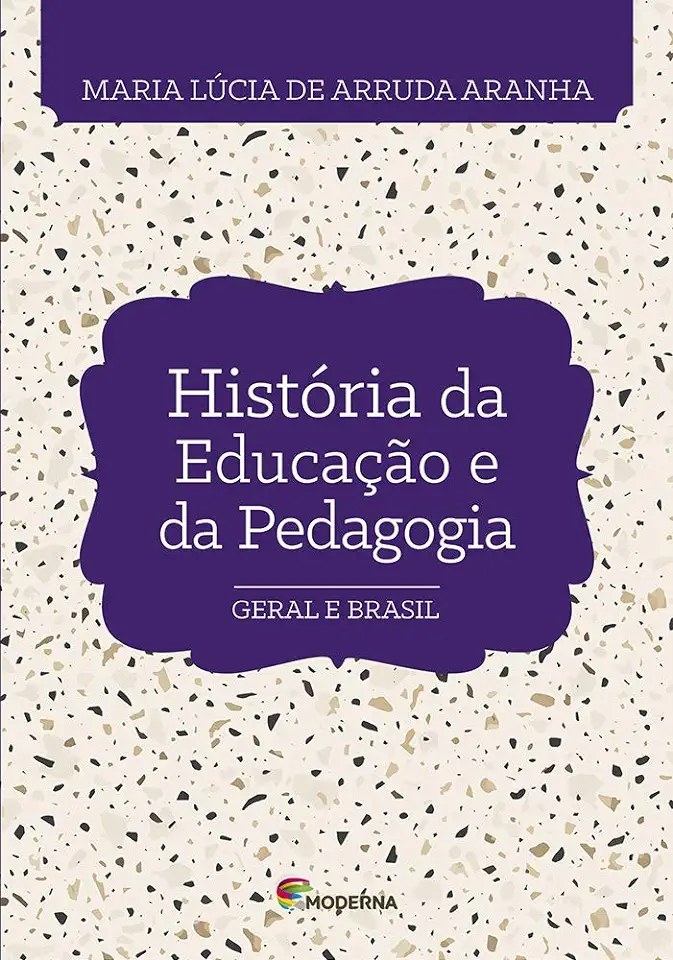
History of Education - Maria Lúcia de Arruda Aranha
History of Education: A Comprehensive Overview
Introduction
Education is a fundamental aspect of human society, shaping individuals and societies throughout history. From ancient civilizations to the modern era, educational practices have evolved, reflecting cultural, social, and political changes. In her book, "History of Education," Maria Lúcia de Arruda Aranha provides a comprehensive exploration of the history of education, offering a deep understanding of how educational systems have developed over time.
Ancient Educational Practices
The book begins by examining educational practices in ancient civilizations, such as Egypt, Greece, and Rome. Aranha highlights the emphasis on religious and moral instruction, as well as the importance of physical education and military training. She also discusses the role of apprenticeship and the emergence of formal schools, particularly in ancient Greece, where philosophers like Socrates and Plato established influential educational institutions.
Medieval and Renaissance Education
The book then delves into the educational landscape of the Middle Ages, characterized by the rise of Christianity and the dominance of religious institutions. Aranha explores the establishment of monastic schools and universities, as well as the development of scholasticism, a philosophical approach that sought to reconcile faith and reason. The Renaissance period witnessed a renewed interest in classical learning and the emergence of humanism, which emphasized the study of the humanities and the individual.
Modern Educational Developments
Moving into the modern era, Aranha examines the significant educational reforms and innovations that shaped education systems worldwide. She discusses the rise of compulsory education, the expansion of access to education for women and marginalized groups, and the development of new pedagogical approaches, such as the progressive education movement. The book also explores the impact of technological advancements on education, including the integration of computers and the internet.
Contemporary Challenges and Future Prospects
In the final section of the book, Aranha addresses contemporary challenges facing education systems, such as increasing inequality, the need for lifelong learning, and the impact of globalization. She also discusses emerging trends and potential future directions in education, including the rise of online learning, the emphasis on critical thinking and problem-solving skills, and the growing importance of global citizenship education.
Conclusion
"History of Education" by Maria Lúcia de Arruda Aranha is a comprehensive and engaging exploration of the evolution of educational practices throughout history. Through her detailed analysis and insightful discussions, Aranha provides a deeper understanding of the social, cultural, and political factors that have shaped education systems over time. The book is a valuable resource for educators, historians, and anyone interested in the history and future of education.
Enjoyed the summary? Discover all the details and take your reading to the next level — [click here to view the book on Amazon!]